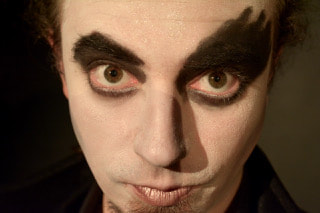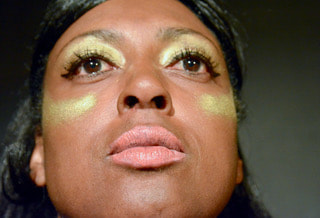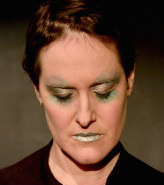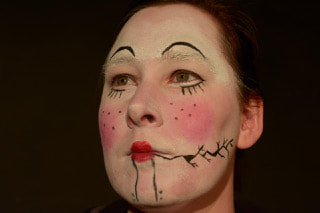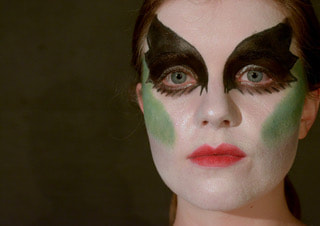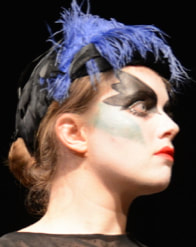Arthur Miller's classic American drama
Directed by Christopher Flores
7 - 11 March, 2017 20:00
Viage Theatre, Grand Casino Brussels
Boulevard Anspach 30
Directed by Christopher Flores
7 - 11 March, 2017 20:00
Viage Theatre, Grand Casino Brussels
Boulevard Anspach 30
The Crucible is a powerful and disturbing fictionalized account of the Salem witch trials that took place in 17th century Massachusetts. When a young girl and her friends begin to accuse people of witchcraft, an incendiary blend of rigid religious views, superstition, and personal grudges kindles a community's mass hysteria.
|
“McCarthyism is the corruption of truth, the abandonment of the due process of law. It is the use of the big lie and the unfounded accusation against any citizen in the name of Americanism or security. It is the rise to power of the demagogue who lives on untruth; it is the spreading of fear and the destruction of faith in every level of society.” President Harry Truman |
Arthur Miller wrote The Crucible in 1952 as an allegory for McCarthyism. With the first chills of the Cold War sending shivers up the nation's spine, the United States found itself embroiled in a rabid fear of "Godless Communism," an ideology that many Americans were eager to blame for the mounting threat of nuclear war. The House Un-American Activities Committee, spurred by the zeal of Senator Joseph McCarthy, launched a series of investigations and hearings targeting both public and private U.S. citizens on suspicion of Communist sympathies. Before the hysteria was reined in by the mid-fifties an astounding number of citizens were formally accused of "un-American activities" and officially blacklisted. Thousands, including many prominent figures from the "intellectual class" of journalists and writers, professors and scientists, artists, actors, and several Hollywood producers and directors, were made unemployable for years as a result of this political "witch hunt."
Miller was keen to draw attention to the madness. Rather than speak directly to McCarthyism, he invited audiences to regard the disturbing events of the present day through the lens of history. By dramatising the events of the Salem witch trials that took place in 17th century Massachusetts, he offered Americans of the 1950s a dire warning of the devastating consequences of fear gone wild. Today, as we witness a surge of populist anxieties and nationalist chest-beating, both in the U.S. and across Europe, Miller's warning of the sordid nature of fear, blame, and the evils of narrowly prescribed ideologies seems not only timely, but urgent. As the Guardian recently observed, The Crucible may indeed be "the perfect play for our post-truth times." |
